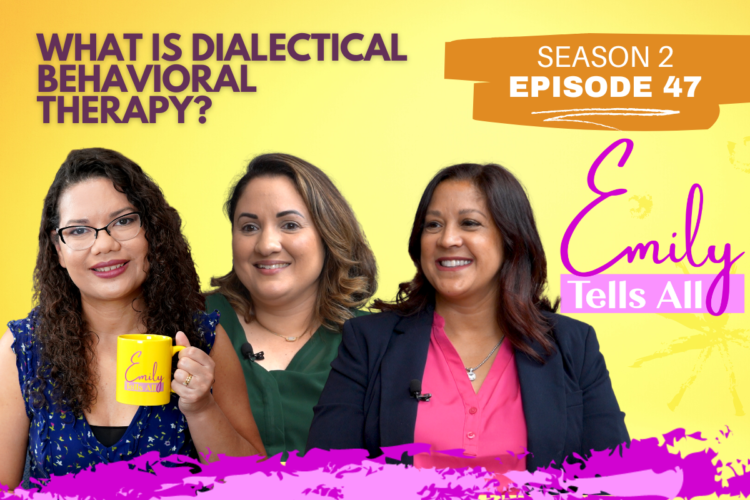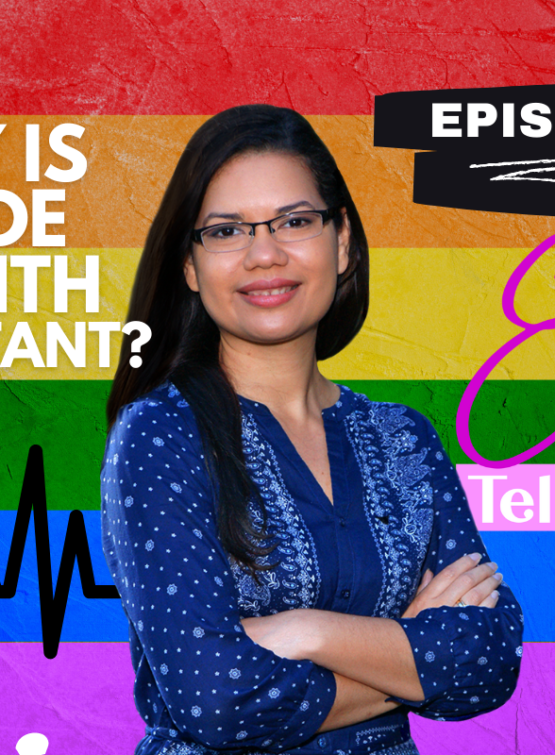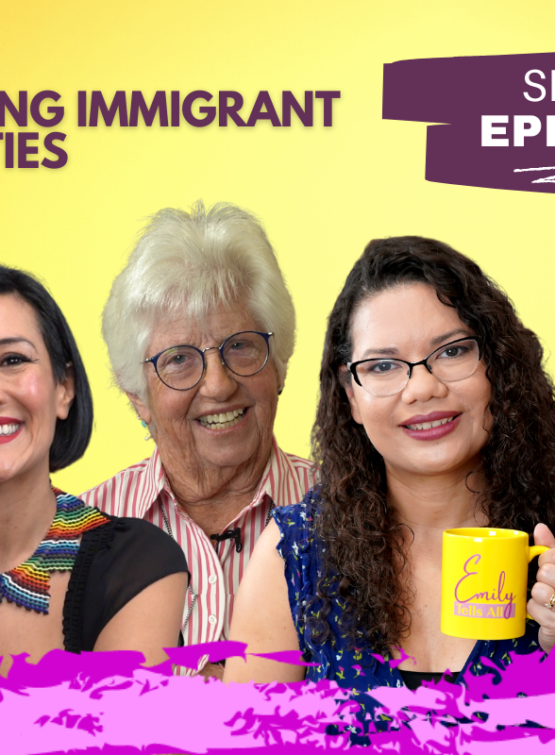AIR DATE NOVEMBER 24, 2022
Title: DBT: Becoming Your Most Effective Self
Learn about the theory behind dialectical behavior therapy (DBT) and how everyone can develop the skills necessary to become their most effective self.
Guests and Locations
Family DBT of Florida, Inc., Licensed Clinical Social Worker – Kristal Pollack
Maribel Sharing Hope at DBT Orlando, Licensed Mental Health Counselor – Maribel Rodriguez
DBT Provides Numerous Benefits to People of All Ages
Dialectical behavior therapy, or DBT, was developed by Dr. Marsha Linehan in the 1970s. She was hospitalized as a teen for mental health concerns, which inspired her to research suicidal behavior. That process led to one of the past century’s most significant innovations in this area.
I recently spoke with Kristal Pollack and Maribel Rodriguez about DBT. Pollack is a licensed clinical social worker with Family DBT of Florida Inc, while Rodriguez is with Maribel Sharing Hope at DBT Orlando.
“DBT is an evidence-based practice,” said Pollack. “When it was first being researched, it was just for borderline personality disorder. It has now also been proven effective for various populations, people who might have depression, anxiety, PTSD, substance abuse disorders, and eating disorders.”
Rodriguez adds that it’s often helpful for adults to bring a support person. “This support person can be a husband, a wife, a partner, parents, a best friend – in DBT, we put a lot of emphasis on this idea that we influence our environment, and it influences us.”
Standard Comprehensive DBT Comes in Four Parts
For those that find DBT helpful, there are four components to the comprehensive process: individual therapy, group skills training, phone coaching, and a consultation group for providers to discuss care and remain motivated.
Patients that agree to use DBT are often given homework to practice new skills. That can include diary cards that track over 40 behaviors, urges, skills, and emotions. The goal is to focus on those who fall into higher risk categories while managing multiple diagnoses.
“A lot of the clients that come in have some powerful responses to emotions, maybe behaviors that impact their functioning in life,” said Pollack. “We try to allow the clients to see what their values are, their morals, their priorities, and their goals.”
Rodriguez points out that DBT strives to remove feelings of shame from each person’s situation. “DBT is careful about pointing fingers for blame, especially when working with adolescents. It creates space and protocols with encouraging, event as adults, that they’re not coming into this alone. We want their support people to learn the language and understand what we call assumptions.”
What Are DBT Assumptions?
DBT assumptions are the beliefs that all practicing clinicians must ascribe to follow to provide effective treatments.
- Patients are doing the best they can, and each has the desire to improve.
- Patients need to try harder, do better, and have more motivation to change. They might not have caused all their issues, but they need to try solving them anyway.
- For those with a borderline suicidal diagnosis, life is unbearable.
- Patients need to learn new behaviors in relevant contexts and cannot fail with their therapy.
- Therapists need support to create successful outcomes.
“I just love DBT,” said Pollack. “When I was trained in 2012, that is something that I have now implemented into my life. Not only using the skills myself, which is part of being a DBT therapist. We’re not going to ask you to do anything that we’re not doing ourselves.”
You can get in touch with Maribel by visiting her DBT Orlando page. Kristal has a DBT skills group and other resources online at https://www.centralfloridacounselingcenter.com



